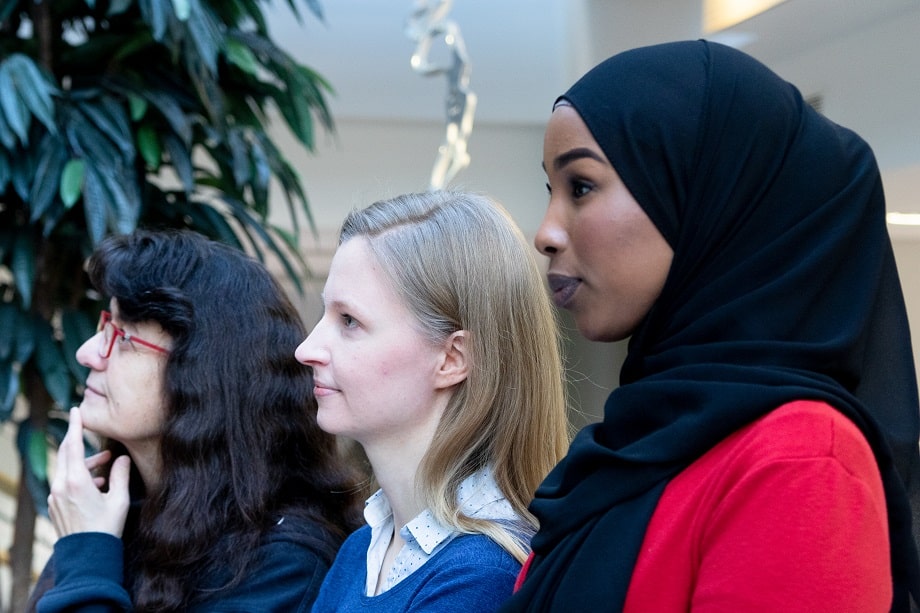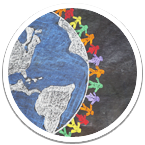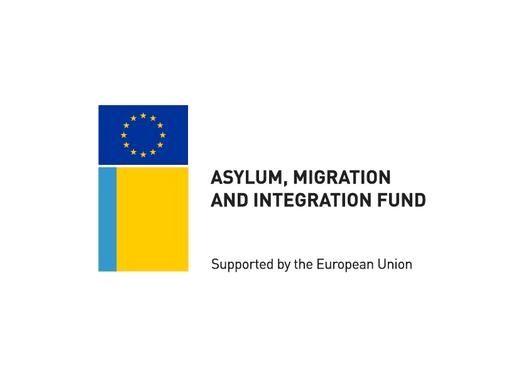Integration and inclusion

Participation and inclusion mean everyone’s right to health, education, work, income, housing and social relationships. Everyone should have the possibility to participate and exert influence in matters that concern themselves and the development of society.
Social inclusion promotes wellbeing and reduces exclusion and inequality. Discrimination at different levels of society hampers the integration of immigrants. Discrimination also prevents other linguistic and cultural minorities from being included in society and enjoying equality.
Equality means that no-one is discriminated against because of their gender, age, origin, nationality, language, religion or belief, opinion, political or trade union activity, family relationships, disability, state of health, sexual orientation or other personal reasons.
Inclusion and equality are cornerstones of a sustainable society and fundamental rights that belong to all.
Right to equality and right to maintain your own language and culture
National cultural minorities, including the Roma, have a statutory right to maintain and develop their language and culture. The Saami have cultural autonomy, which is administrated by the Sámi Parliament.
Finnish and Swedish are national languages that may be used when dealing with authorities. The Saami language has this status in the Saami Homeland.
The freedom of religion and conscience is a fundamental right enshrined in the Constitution. It guarantees the right to profess and exercise a religion, express your beliefs and belong, or not belong, to a religious society.
Factors that influence the integration and inclusion of immigrants
Integration is always a two-way process in which both the immigrant and local residents become adjusted to each other. Integration is promoted by a safe and non-discriminatory environment and a feeling that you can trust other people and the authorities. The feeling of security is undermined by experiences of discrimination and violence.
In addition to good health, integration is promoted by a sufficient functional capacity that makes it possible for an immigrant to participate in daily activities, including work and hobbies, as well as have social contacts.
According to the results of the UTH survey, the level of trust in the Finnish social and health care services, the courts and the police was considerably higher among persons with a foreign background than among the Finnish population as a whole. The proportion of immigrants who felt they received help from their neighbours and were happy with their living area was also clearly higher than in the population at large.
Experiences of discrimination and insecurity were most commonly reported by persons with a refugee background, of whom approximately one out of five
- feels lonely
- has no Finnish friends
- has encountered inappropriate behaviour from the part of authorities.
Gender-related differences that affect experiences of inclusion and that should be addressed in the integration process have been identified in studies on the population with a foreign background.





